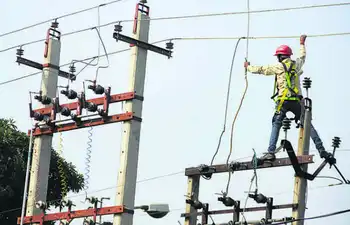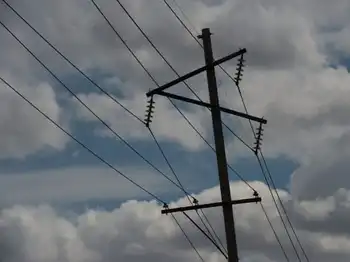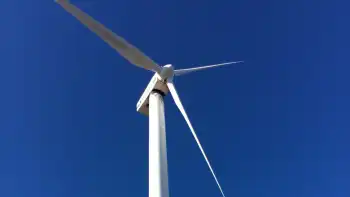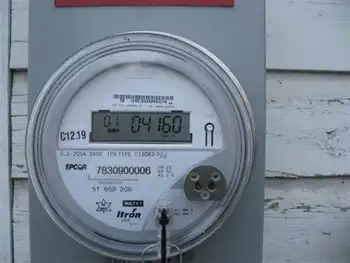EPA ruling a setback for coal plants?
The ruling by the Environmental Protection Agency puts the nation a step closer to federal regulation of carbon dioxide emissions. The regulation could come through action of the EPA or Congress.
“I can’t think of any way that today’s news is anything but bad news for the coal industry,” said Glen Hooks of the Sierra Club, which opposes the plant proposed by Southwestern Electric Power Co.
Shreveport, La.-based SWEPCO is seeking to build a $1.6 billion, 600-megawatt power plant in Hempstead County. A June ruling by the state Court of Appeals overturned the state Public Service CommissionÂ’s decision to approve a permit for the proposed John W. Turk Jr. Power Plant, and SWEPCO is now appealing that decision to the state Supreme Court.
The Appeals Court said the commission was required to consider all matters related to SWEPCOÂ’s application in a single proceeding, but instead it considered several related issues in separate proceedings.
Scott McCloud, spokesman for SWEPCO parent company American Electric Power of Columbus, Ohio, said the ruling by the EPA will have no immediate impact on the permitting process for the Turk plant because the ruling is only a step toward future regulation and does not trigger any immediate caps on emissions.
“EPA’s action isn’t a surprise. We’ve been expecting it,” McCloud said.
Related News
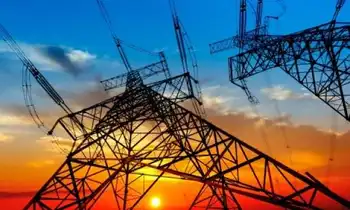
India Electricity Prices are Spiking
NEW DELHI - Electricity prices in India bolted to a record high of 10.6 cents/kWh (INR5.1/kWh) in Q3.
A jolt in Indian spot electricity prices could save Sembcorp Industries' Indian business from further losses, UOB Kay Hian said.
The firm said spot electricity prices in India bolted to a record high of 10.6 cents/kWh (INR5.1/kWh) in Q3 and even hit a 15-minute peak of 20.7 cents/kWh (9.9/kWh). The spike was due to a power supply crunch on higher electricity demand from power distribution companies.
As an effect, Sembcorp Industries' Sembcorp Gayatri Power Limited's (SGPL) losses of $26m in Q1 and $29m in Q2…


